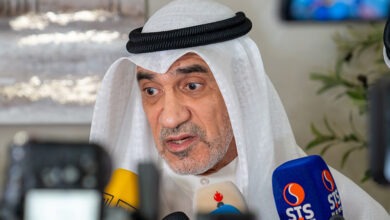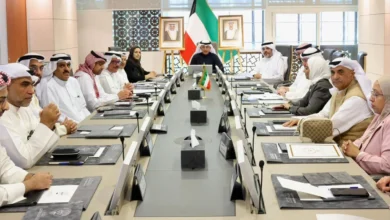Gulf states confront strategic challenge amid rapid transformations in telecom and postal sectors
Localizing advanced technologies, integrating digital intelligence, and adopting innovative digital solutions will not only strengthen the Gulf region’s capabilities but also position it as a global leader in digital transformation -- Al-Omar
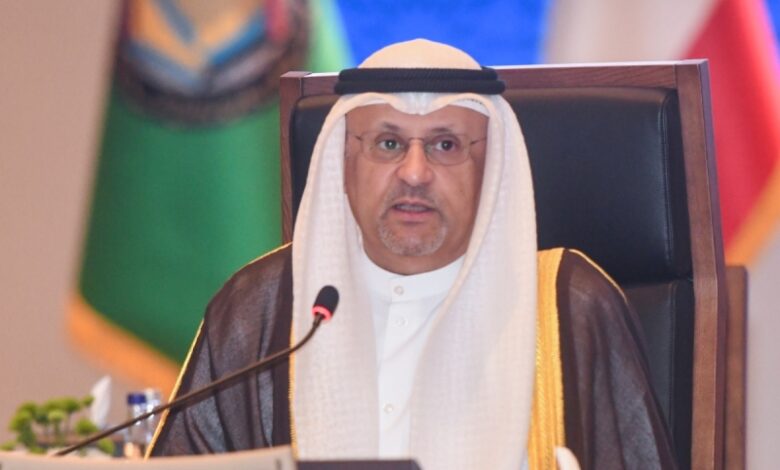
Minister of State for Communications Affairs Omar Al-Omar said the telecommunications and postal sectors are undergoing rapid and continuous transformations that significantly impact all aspects of economic and social life.
Speaking at the 29th meeting of the GCC Ministers of Post and Telecommunications Committee, hosted by Kuwait, Al-Omar described these changes as a strategic challenge for Gulf countries, requiring them to adapt quickly and leverage technological progress to achieve their ambitious national and regional development visions.
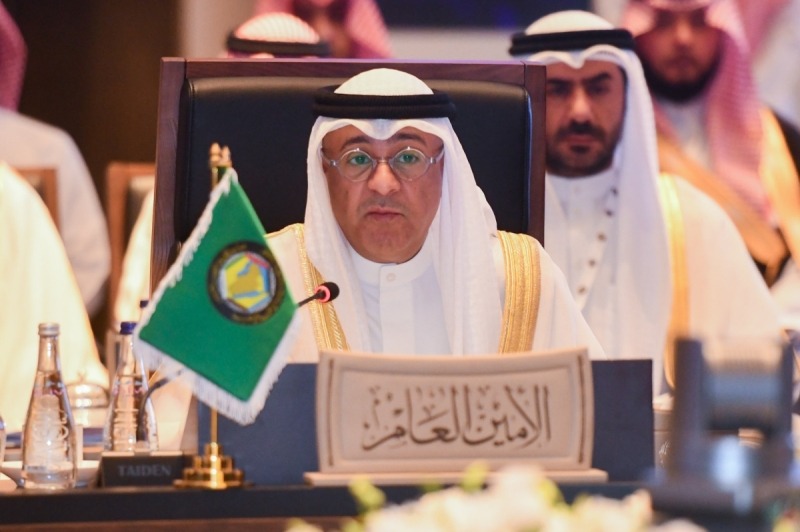
Al-Omar emphasized that localizing advanced technologies, integrating digital intelligence, and adopting innovative digital solutions will not only strengthen the Gulf region’s capabilities but also position it as a global leader in digital transformation. He noted that the GCC’s achievements in telecommunications and postal services have already opened new opportunities for sustainable and strategic development, attracting investment, nurturing local talent, and fostering innovation and entrepreneurship.
The Kuwaiti minister stressed that enhancing Gulf cooperation, exchanging expertise, and adopting the latest digital models are fundamental to transforming the telecommunications and postal sectors into integrated platforms for excellence. Such cooperation, he said, is crucial for ensuring that Gulf nations remain at the forefront of global technological progress and deliver high-quality services that meet the aspirations of their citizens while supporting economic growth.
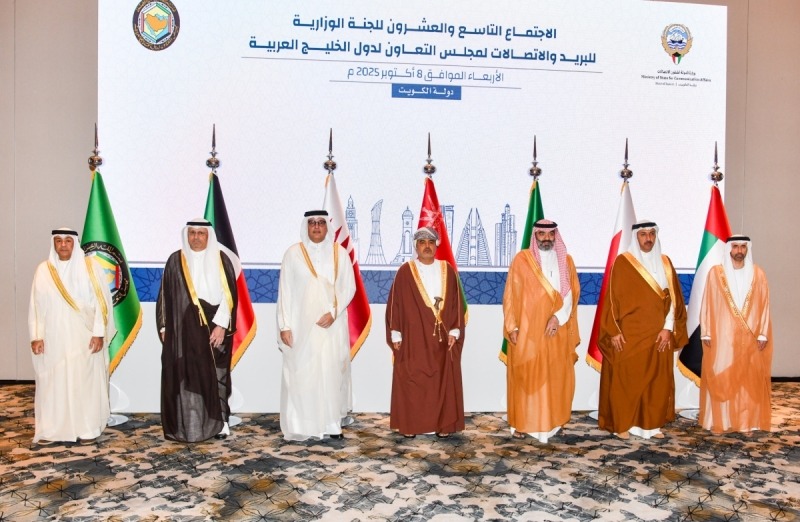
He added that the meeting’s agenda includes several key recommendations prepared by specialized technical committees in the telecommunications and postal fields. These recommendations, Al-Omar explained, will serve as a practical roadmap for advancing Gulf integration, developing the sector’s infrastructure, and raising the efficiency of government services in line with citizens’ expectations and the region’s long-term strategic goals.
For his part, GCC Secretary-General Jassim Al-Budaiwi praised the ongoing efforts of Gulf leaders to strengthen joint economic and developmental cooperation. He highlighted the committee’s commitment to implementing leadership directives that promote integration and ensure that Gulf countries remain capable of keeping pace with regional and international developments in the telecommunications, postal, and space technology sectors.
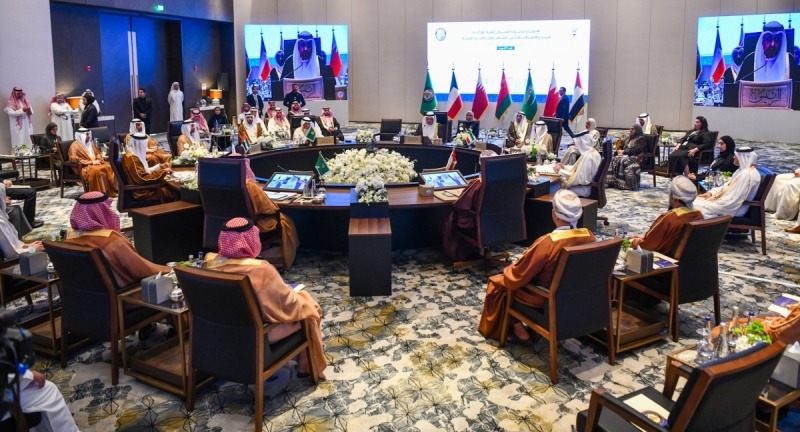
Al-Budaiwi pointed to a series of remarkable achievements across member states that reflect the Gulf’s strategic vision and determination to maintain regional and global leadership. He noted that the United Arab Emirates ranked first worldwide in mobile network coverage and individual mobile phone usage and successfully hosted the 28th Universal Postal Union Congress with participation from 192 countries. Meanwhile, Bahrain placed fifth globally in the 2024 ICT Development Index, and Saudi Arabia topped the 2025 index while winning membership on the Universal Postal Union’s Board of Directors and Investment Council for 2026–2029.
He also highlighted the Sultanate of Oman’s leadership in the Arab world in the 2025 Postal Development Index and its strong showing in global ICT indicators, while the State of Qatar earned international recognition for its express mail services and customer care excellence. Notably, Kuwait ranked fourth globally in the ICT Development Index for 2025, with 100 percent 5G coverage, underscoring its steady progress in building a robust, modern communications infrastructure aligned with global standards and regional ambitions.
Follow The Times Kuwait on
X, Instagram and Facebook for the latest news updates








